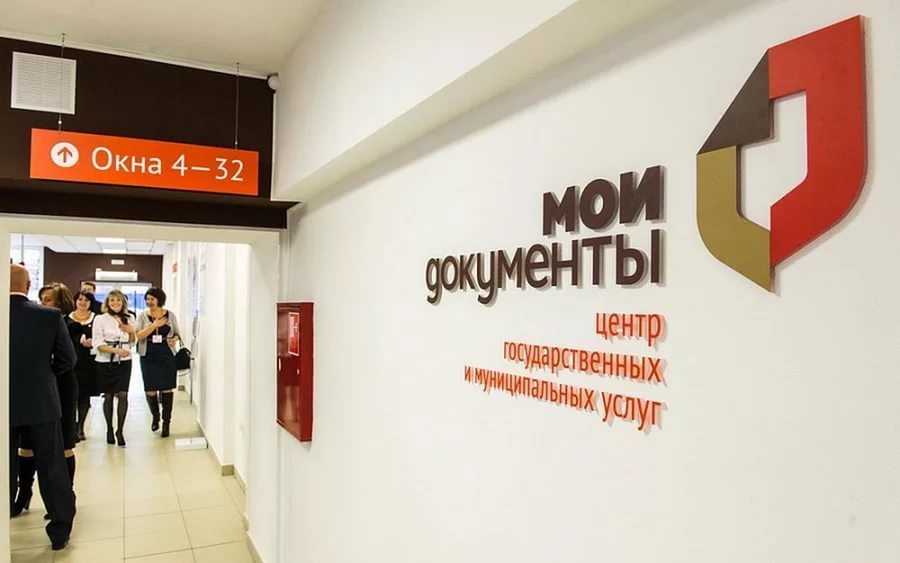Personal data leakage from Moscow MFC
All media have already managed to trumpet about the terrible leakage of personal data from the Moscow multifunctional centers providing state and municipal services (MFC) "My Documents".

Let's try to understand the situation ...
The Kommersant publication, which discovered the leak, writes: “”, (). , . , , . “” , : , , , . , , , . - () . “”, (). , . , , . “” , : , , , . , , , . - () .
The MFC Moscow authorities immediately issued an official denial: , : , . - " " , . 22.12.2012 № 1376. , . - , . . , , , . , : , . - " " , . 22.12.2012 № 1376. , . - , . . , , , .
In general, several things are obvious:
- People absolutely do not think about the safety of their personal data in general and documents in particular. For us, who have long been working in the field of data security, this is a truism and, in our opinion, trying to appeal to the consciousness of citizens in these matters is an unprincipled matter. Need technical measures.
- The MFC should not restrict access to the Internet, but attend to the elementary procedure of cleaning disks after the completion of the guest working session. There are many ways to do this - from self-written scripts that clean certain folders to specialized software of the Reboot to Restore class (for example, Deep Freeze)
- The data protection market is full of pseudo-experts who immediately got out and declared that this is how personal data and document scans fall on the black market. It would be too easy if it were true. Walk and copy forgotten users scans of passports and SNILS from shared computers across all the MFC, in a business where they sell large amounts of data, no one will. There are completely different sources of personal data.
Soon we will have a review of the current situation with the black market. Stay tuned as they say. It will be hot.
')
Source: https://habr.com/ru/post/430148/
All Articles